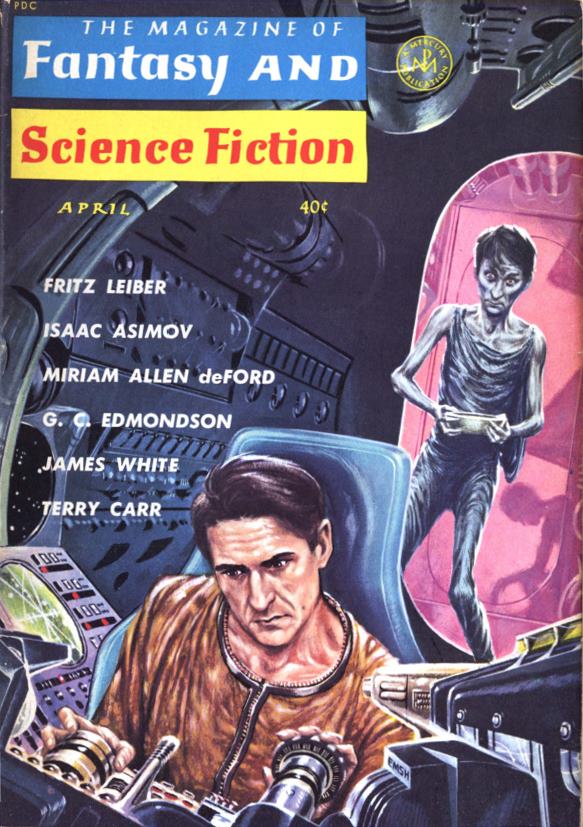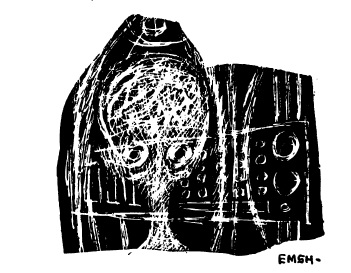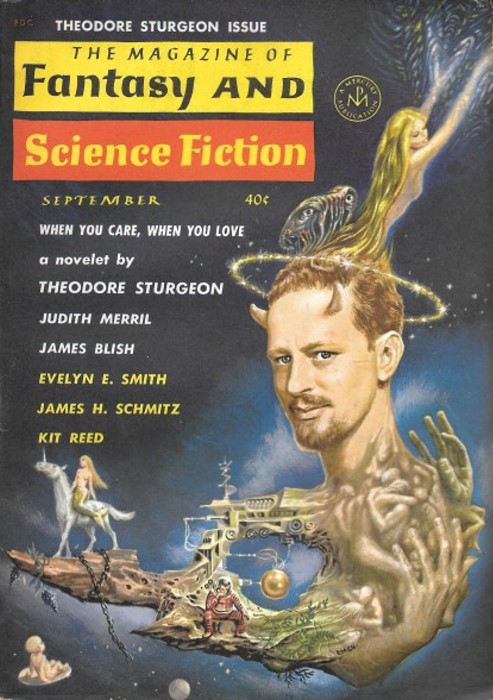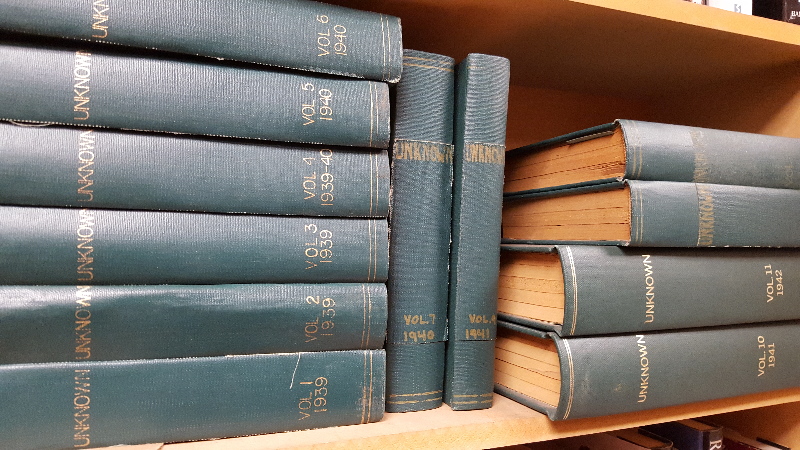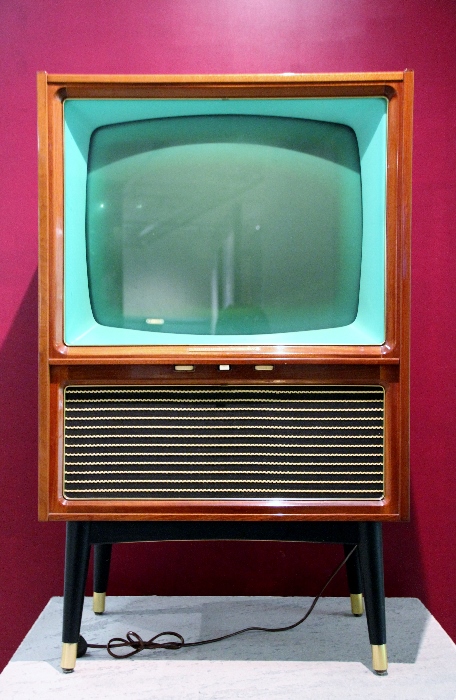
By Mx Kris Vyas-Myall
Having a teacher first as a mother, and now one for a wife, I think of the year as mirroring the school terms, with the new year beginning in September. But, looking at the newspapers, it doesn’t appear the world has changed much in the last twelve months.
On the home front, the troubles in Northern Ireland keep getting worse, with the presence of British troops now seeming to be resented by both sides. Meanwhile, The Conservative party base is pushing the party to take a harder anti-immigration line, and union chiefs clash with the Wilson government.

British Troops in Ulster, caught in the middle of escalating violence.
Peace talks over Vietnam are once again being held in Paris and apparently going nowhere, there are continued conflicts in the middle East and the Junta in Greece seems as unstable as ever. A harsh crackdown has just finished in Czechoslovakia and the Soviets are still making threatening noises at the rest of Eastern Europe.

Scenes from the streets of Prague, one year on from the Soviet Invasion.
But, whilst the depressing politics of our time continues, so does the regularity of publishing. As such another anthology arrived in the post for me to review.
Orbit 5
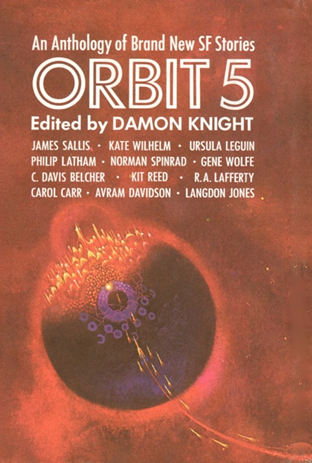
Somerset Dreams by Kate Wilhelm
We open with another tale from the ever-reliable Mrs. Damon Knight. Here Janet Matthews returns to her hometown of Somerset after working in medicine in New York, where she wishes to look after her disabled father. At the same time, a Dr. Staunton is in town to study dreams. Annoyed by his pomposity Janet decides to join in with the project.
This is beautifully described, albeit with some unusual turns of phrase, but it goes on far too long for my tastes, only really becoming more SFnal towards the end. There are also a lot of interesting concepts, but I am not convinced they are explored well enough here to justify their inclusion.
Three Stars
The Roads, the Roads, the Beautiful Road by Avram Davidson
Highway Chief Craig Burns loves his vast new road constructions and does not accept any argument to the contrary. However, one day he misses his turn-off and finds himself in a labyrinth of tunnels and cloverleaf interchanges.
This is the kind of joke story Davidson used to regularly publish when editing F&SF, a feature I have not missed. Add on to this my general dislike of vehicular tales and I was not well disposed to this at all.
A very low two stars
Look, You Think You've Got Troubles by Carol Carr
Hector, A Jewish father is estranged from his daughter, Lorinda, because of her marrying a form of Martian plant-life named Mor. Months later, the parents receive a letter from her, saying she is pregnant and asking them to come visit her on Mars.
I believe this is the first story from a well-known fan (and wife of Terry Carr) and it marks a strong start. It follows the familiar routes you have likely seen on television programmes but they are not as common in the SF realm. In addition, this is told using a great tone of voice that makes it feel believable.
Four Stars
Winter's King by Ursula K. Le Guin
King Argaven XVII of Karhide is having a recurring visions of executing a crowd of protesters. This madness is attempted to be treated by physician Hoge, but what could be the real cause?
I was originally unsure if this planet is indeed meant to be Gethen from The Left Hand of Darkness, as it is only referred to as “Winter” and the gender changes in the book are not referenced here. However, its connections to the Ekumen seem to confirm that it does indeed take place on the same world.
I found this a confusing read. I started again four times and afterwards I was constantly jumping back and forth to try to get to grips with what was happening. It does not have the usual easy style of Le Guin, instead told through a series of “pictures”. Honestly, I am scratching my head over what to make of it.
Three Stars, I guess?
The Time Machine by Langdon Jones
Jones seems to be emerging as one of the great polymaths of English SF. He has been involved in editing New Worlds for a number of years now, writes prose and poetry, has produced photographic cover art, is helping the Peake estate put together new editions of the Gormenghast trilogy and has an original anthology coming out in a couple of months. Amazingly he still had time to sell this tale to Orbit.
In an unnamed prisoner’s cell sits a photo of Caroline Howard. We hear the story of his past relationship with her and the construction of a time machine to see her again.
This tale is told in a passive distanced voice with the connection of the four different situations not immediately obvious. As such, I imagine it will be alienating to some, but I found it quite beautiful and cleverly constructed.
The titular Time Machine is not a HG Wells type of mechanical construct but a strange device containing a Dali painting and creating a “concrete déjà vu”. This may actually mean that it does not really “work” as such but these are merely the memories and delusions of the prisoner. I believe the ambiguity is intentional on the part of the author and makes the tale all the stronger.
Some may find the conclusion and meaning of the tale a bit mawkish, but I liked it a lot.
A high four stars
Configuration of the North Shore by R. A. Lafferty
John Miller goes to analyst Robert Rousse to resolve an obsession he has had for the last 25 years, to reach the mythical Northern Shore. In order to cure this desire, they sail there in dreams.
Whilst I am a fan of what Mr. Jones does, the same cannot be said of Mr. Lafferty. As such this may work better for other people, but I found it all a little silly.
Two Stars
Paul's Treehouse by Gene Wolfe
Sheila and Morris’ son has been in a treehouse since Thursday and is refusing to come down. As they work with their neighbour to try to get him out, disorder is spreading throughout the town.
This is probably the Gene Wolfe story that has impressed me most so far. Not that it is brilliant, but it is well told and has a solid theme. Hopefully the start of an upswing in his writing.
A high three stars
The Price by C. Davis Belcher
The millionaire John Phillpott Tanker is in a traffic accident that caves in his skull. Whilst his body is still alive, he is braindead. After several tests the doctors conclude he is medically dead and use his organs to save a number of people. Whilst this is controversial, journalist Sturbridge writes a number of articles to win the public around. However, in a surprising turn of events, the recipients of the organ donations sue the Tanker’s estate claiming they are still the living John Phillpott Tanker.
These organ transplant stories are becoming a subgenre in their own right, and, unfortunately, this is among the poorer examples. Lem told a better version of this story in three pages last month than Belcher told in 27.
A low two stars
The Rose Bowl-Pluto Hypothesis by Philip Latham
At a track-meet at the Rose Bowl, three athletes all ran 100 yards in less than 9 seconds. If this wasn’t surprising enough, a whole set of other new running records were set that afternoon. What could be happening?
This spends a lot of time doing pseudo-scientific explanations for something incredibly silly. I was annoyed at having read it.
One star
Winston by Kit Reed
The Wazikis buy the four-year-old child of geniuses as a status symbol. Whilst he has an IQ of 160 they soon grow frustrated he is not yet able to win crossword competitions or answer any trivia question they pose.
This story irritated me for a number of reasons. First off, there is more than a whiff of eugenics about the concept here, with the child of a college professor being inherently smarter than this family with a name we seem to be encouraged to read as Eastern European or North African. At the very least, the way the Wazikis are portrayed feels classist.
Secondly, the fact that smart people are selling children to less intelligent people seems to imply that earning potential and IQ are inversely related. But the Wazikis see Winston as an investment, so are they just meant to be stupid and bad with money?
And then the story is just unpleasant with the amount of child abuse taking place in it. Maybe I am overly sensitive, as I am from the gentler school of parenting, but I found it to be gratuitous instead of aiding the storytelling.
One Star
The History Makers by James Sallis
John writes to his brother Jim about his arrival on Ephemera, a planet where the inhabitants live on a separate time-plane to humanity.
Sallis gives us another epistolary tale which, as usual, is written in a literary style and full of artistic allusions (including, strangely, the second mention of the same Dali painting in this anthology. I blame Ballard). I am not sure this has the same depth as his other works but it is still a wonderfully atmospheric read.
Four stars
The Big Flash by Norman Spinrad
The US military has a problem. Their war against a guerrilla insurgency in Asia is not going well and they want to use tactical nuclear weapons to sort it out. However, the public are squeamish about this sort of thing. The solution? Using a violence obsessed rock group The Four Horseman, to spread their message.
A biting critique of both the American military-industrial complex and the hippy groups selling out. Incredibly timely, clever and disturbing.
A high four stars, bordering on five.
(I recently discussed this with some friends over at Young People Read SF if you want to see more of our thoughts.)
The Cycle Continues

Some of the same artists, still in UK charts a year on
And so we complete another Orbit anthology, with it feeling pretty similar to the last one.
The main difference is that there is more New Wave influence creeping in (having stories by two of the editors of New Worlds will do that) but many prior authors reappear, doing similar things. Some of it brilliant, some mediocre, the rest best forgotten.
Will either Orbit or our politics break out of this cycle by autumn 1970? Only time will tell.

![[September 8, 1969] Another Orbit around the sun (<i>Orbit 5</i>)](https://galacticjourney.org/wp-content/uploads/2024/09/O5-3-312x372.png)


![[October 22, 1967] Equal Opportunity Employer (November 1967 <i>Fantasy and Science Fiction</i>)](https://galacticjourney.org/wp-content/uploads/2022/10/671022cover-663x372.jpg)



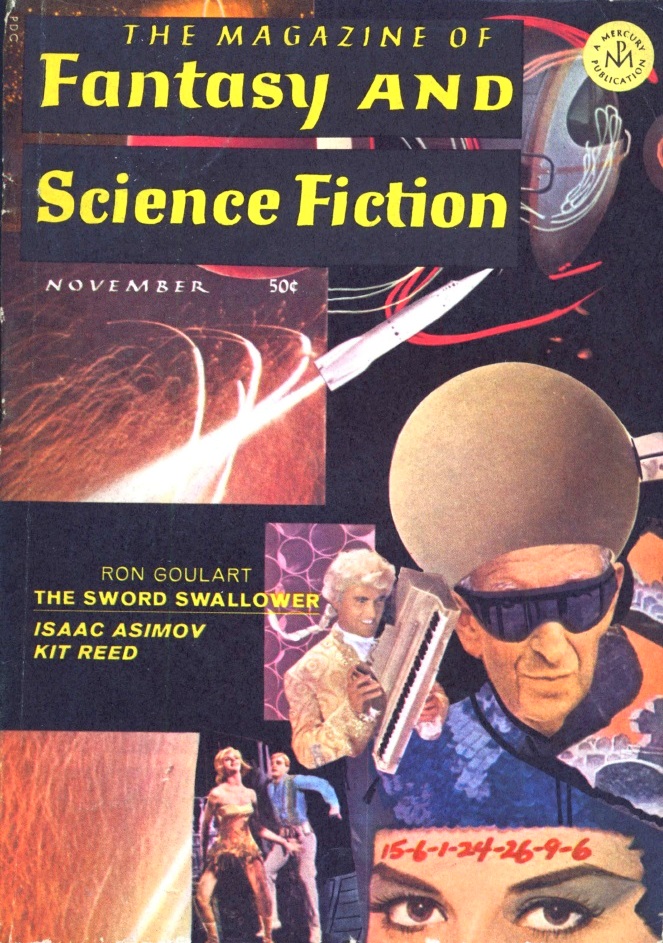
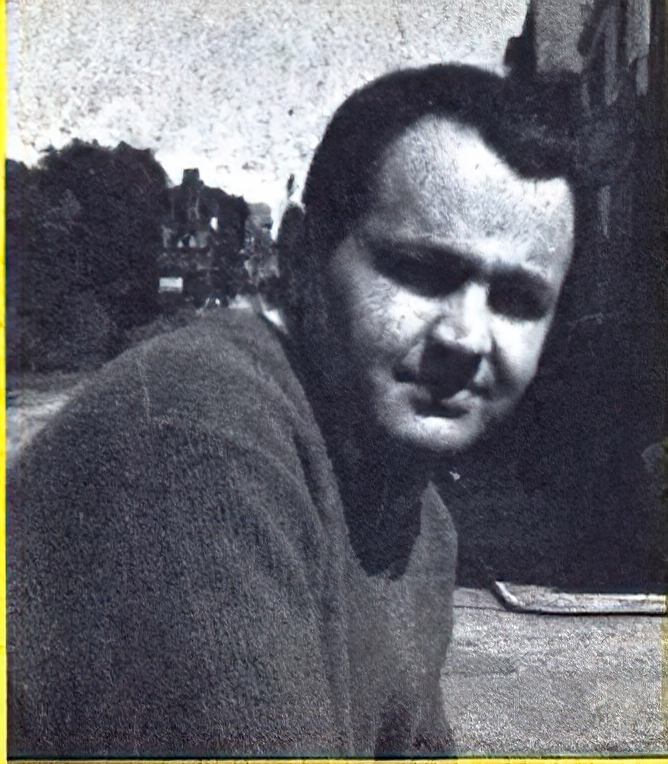

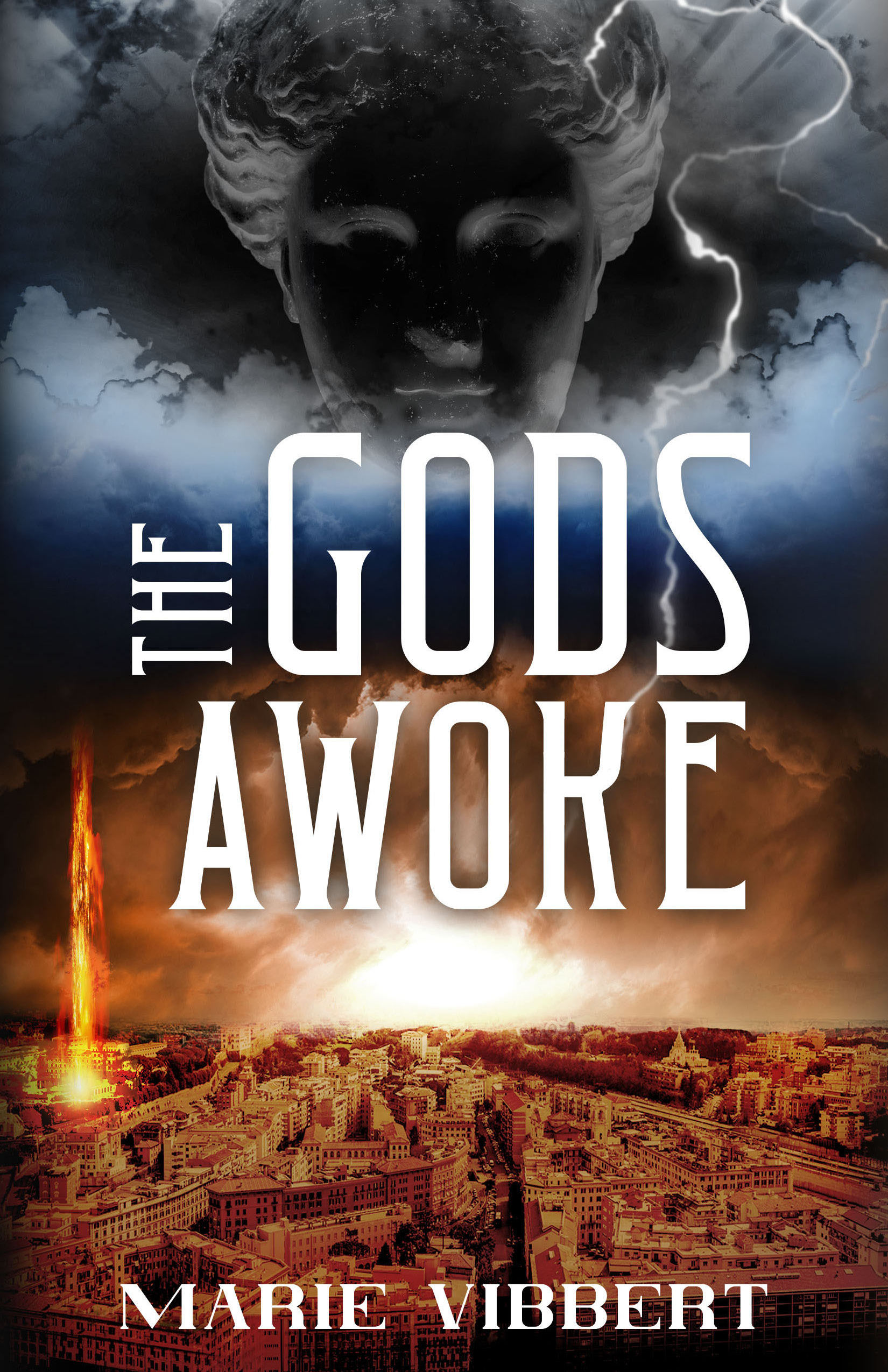
![[August 14, 1967] She Does Everything For Me (<i>Orbit 2</i> by Damon Knight)](https://galacticjourney.org/wp-content/uploads/2022/08/670816cover-410x372.jpg)

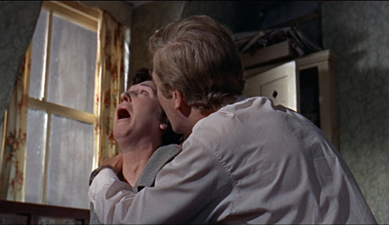
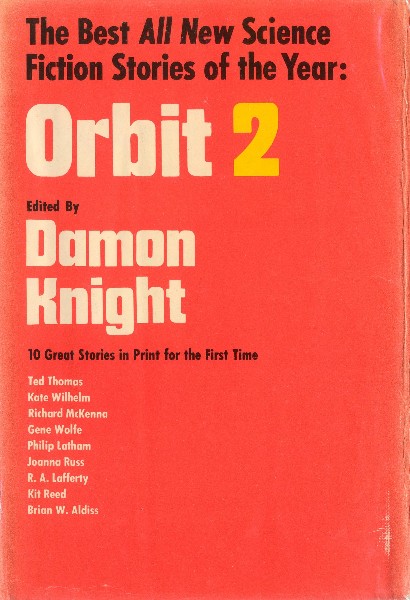
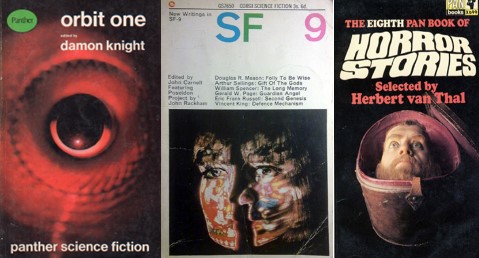
![[December 28, 1966] Ice Worlds, Telepathic Martian Mice and Echoes (<i>New Worlds</i> and <i>SF Impulse</i>, January 1967)](https://galacticjourney.org/wp-content/uploads/2021/12/New-Worlds-Impulse-Jan-67-1-672x372.jpg)

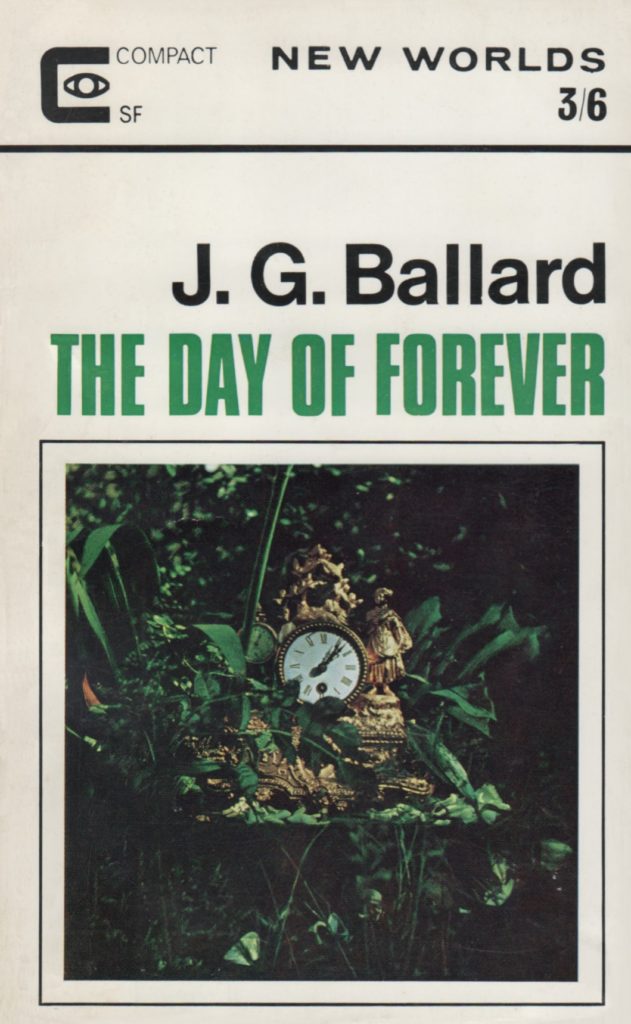
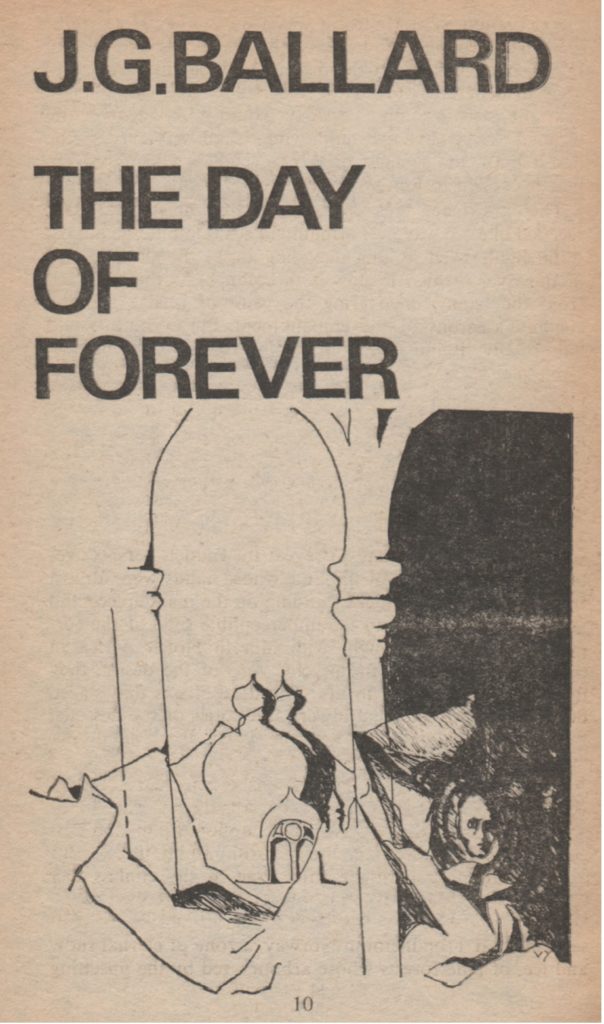 Illustration by James Cawthorn
Illustration by James Cawthorn Illustration by James Cawthorn
Illustration by James Cawthorn Illustration by James Cawthorn
Illustration by James Cawthorn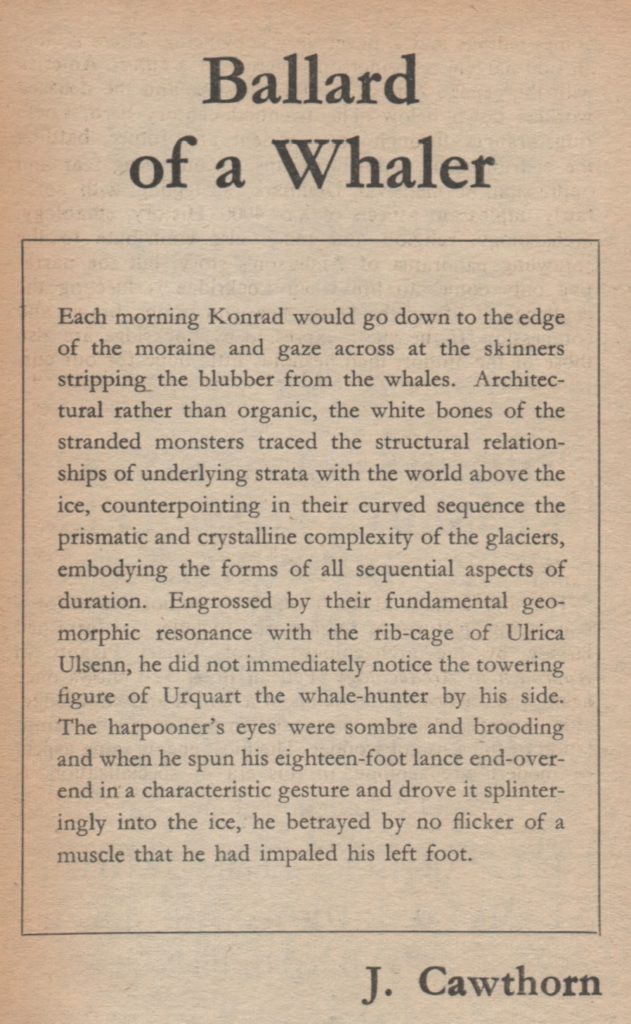
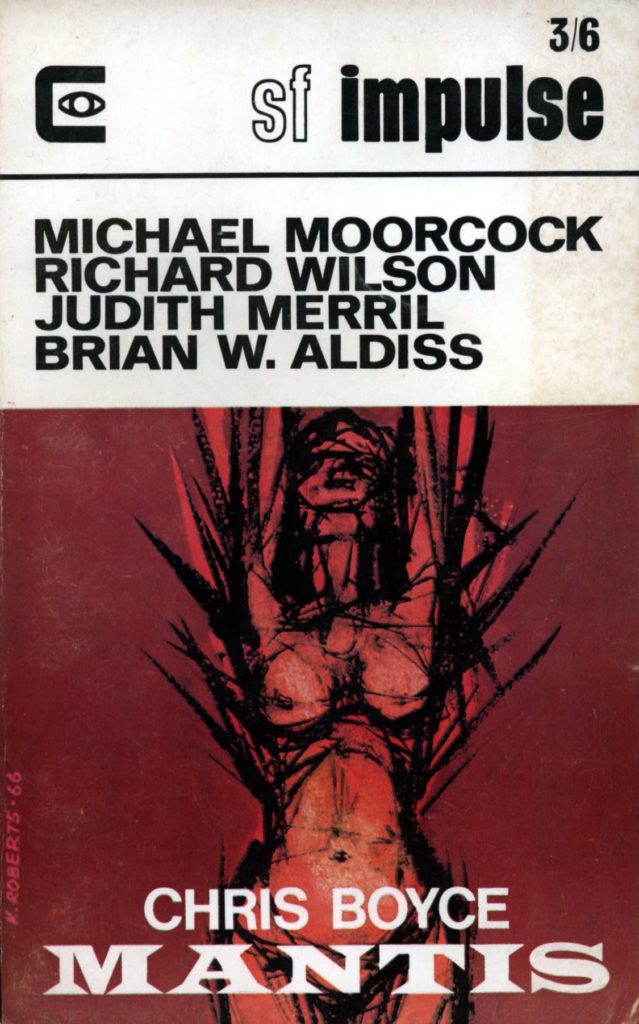
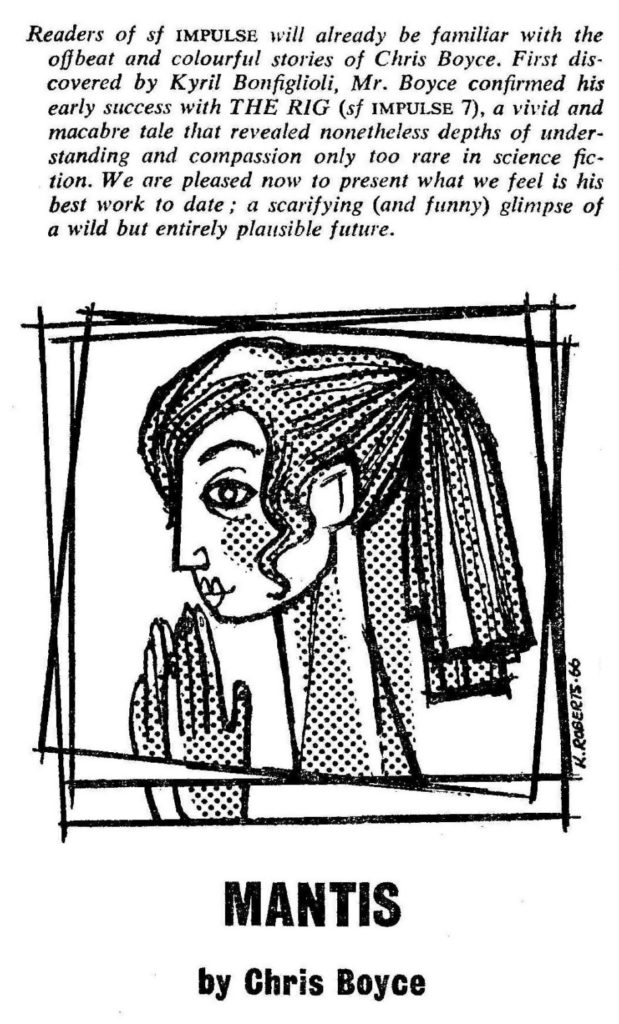
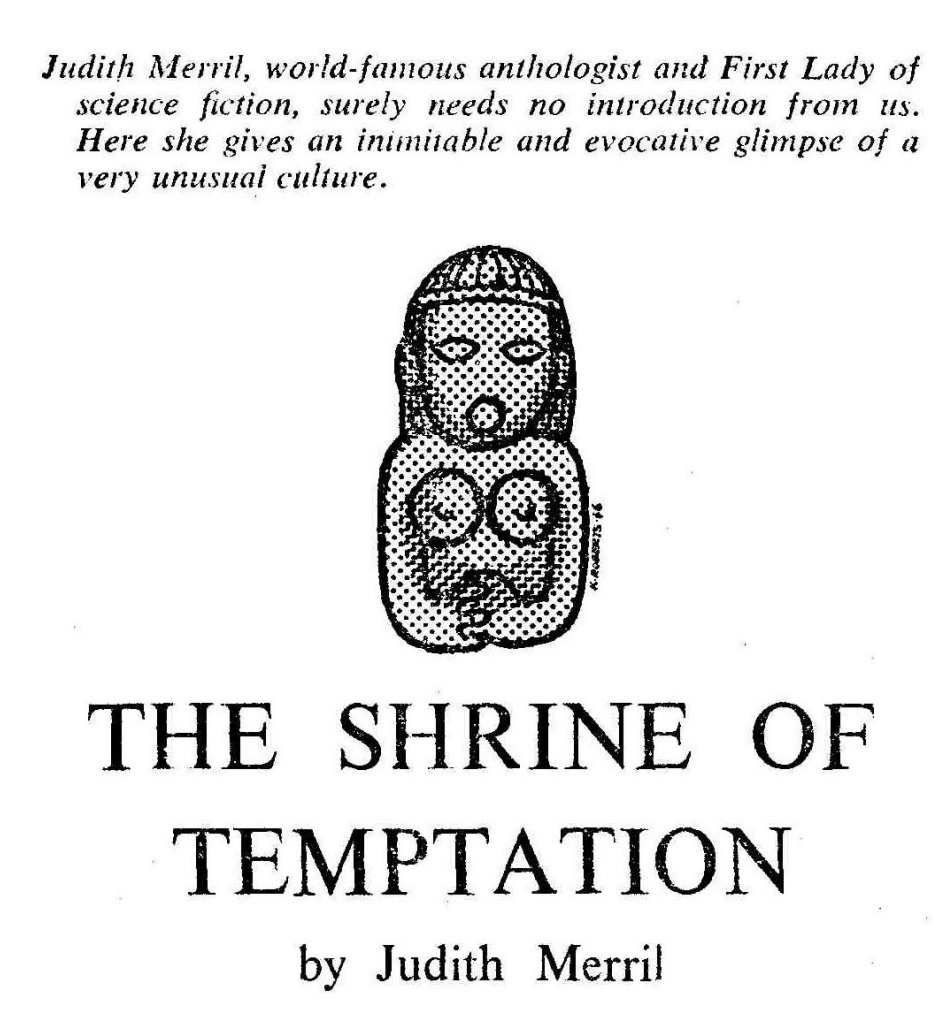

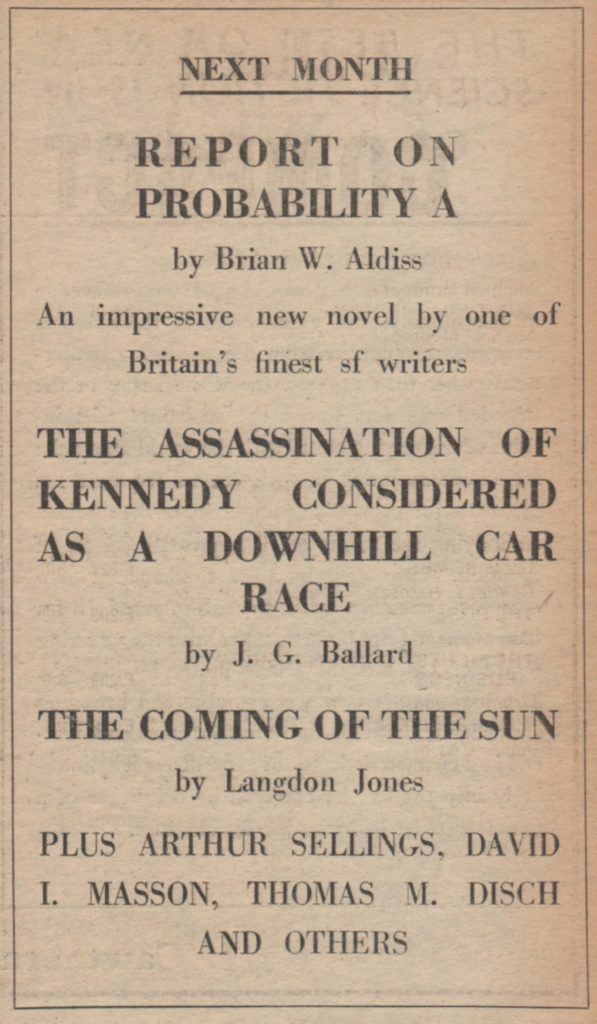
![[December 24, 1965] Gallimaufry <i>du Saison</i>(<i>The Year's best Science Fiction</i> and <i>Paingod and Other Delusions</i>)](https://galacticjourney.org/wp-content/uploads/2020/12/651224covers-672x372.jpg)

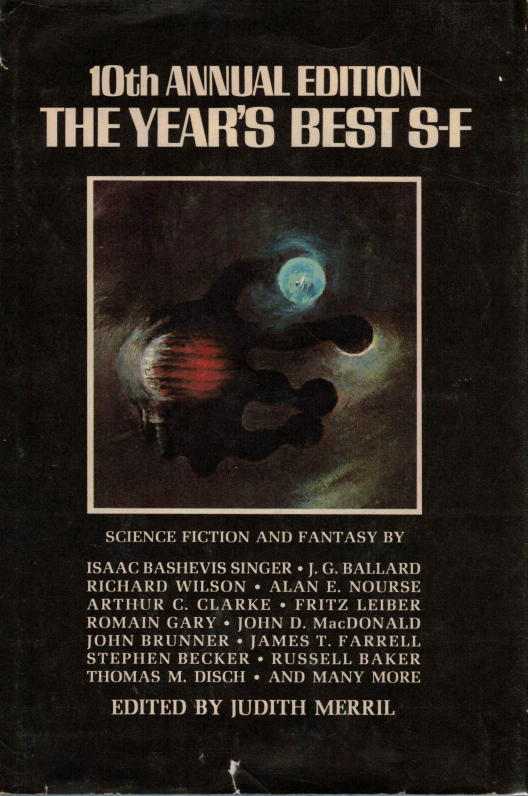

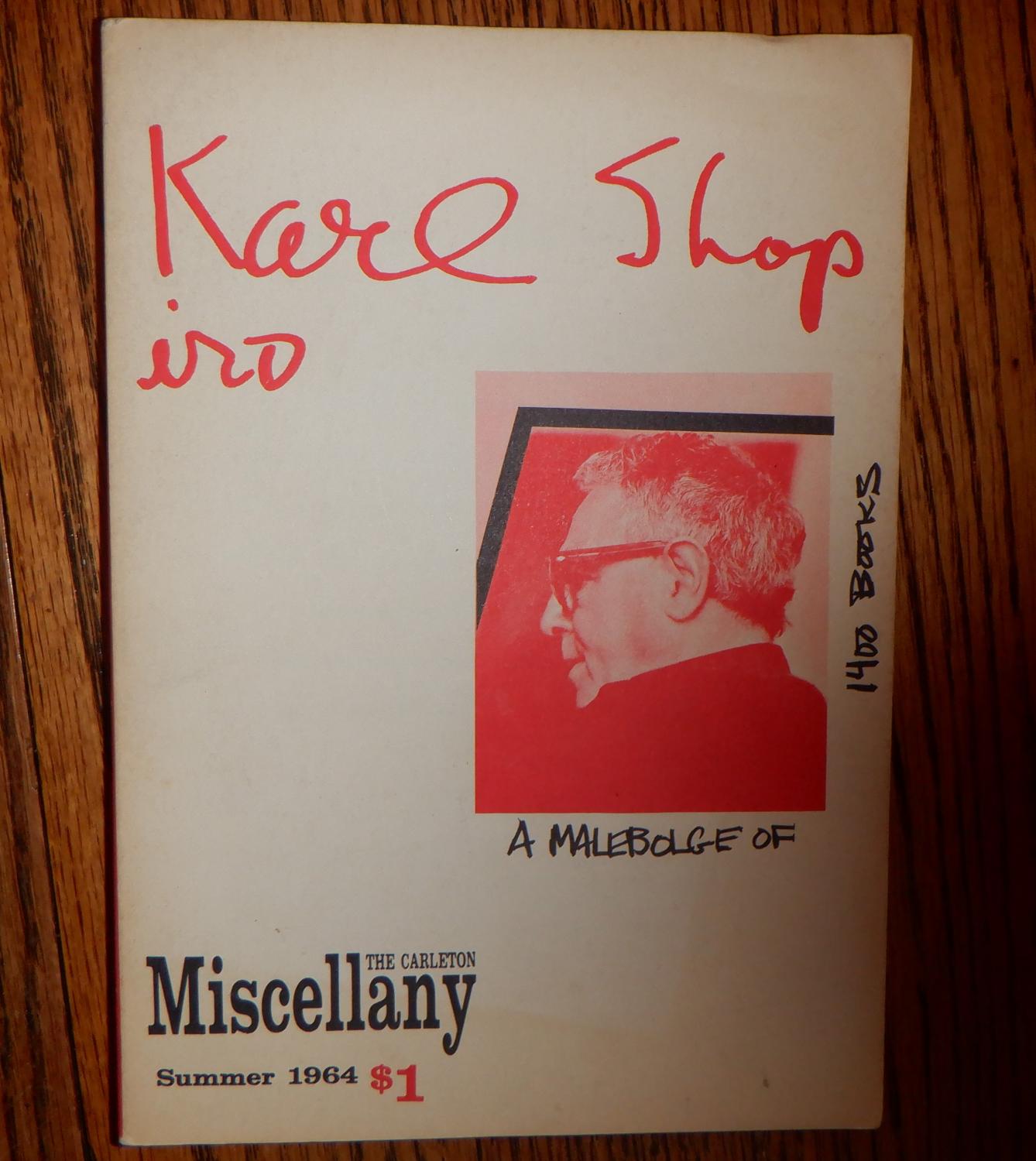


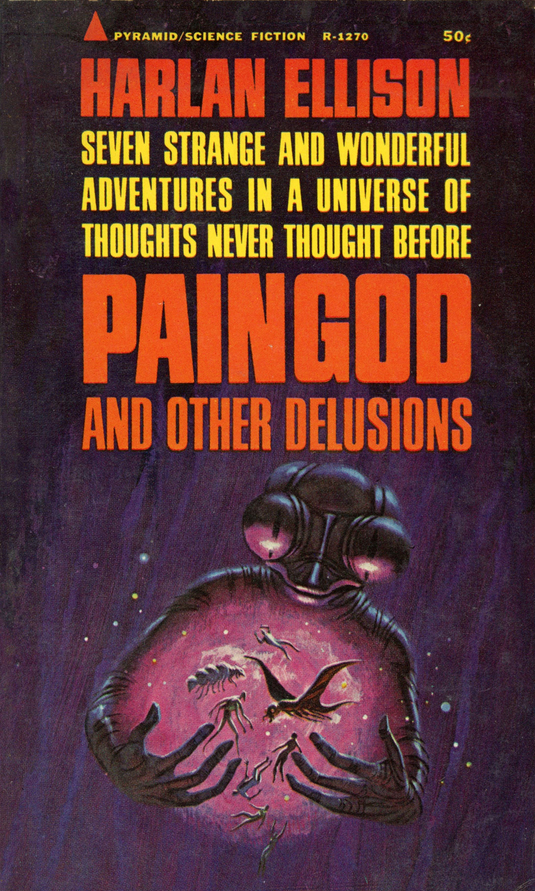

![[November 19, 1964] Ding Dong (December 1964 <i>Fantasy and Science Fiction</i>)](https://galacticjourney.org/wp-content/uploads/2019/11/641119cover-425x372.jpg)


![[September 18, 1964] Split Personality (October 1964 <i>IF</i>)](https://galacticjourney.org/wp-content/uploads/2019/09/640918cover-672x372.jpg)
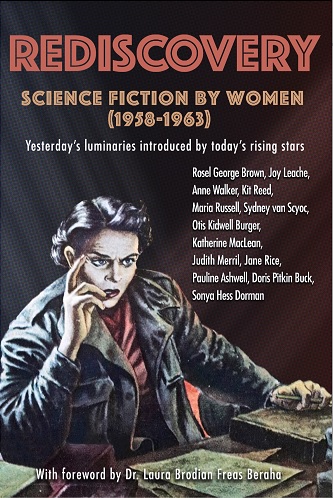






![[February 21, 1964] For the fans (March 1964 <i>Fantasy and Science Fiction</i>)](https://galacticjourney.org/wp-content/uploads/2019/02/640219cover-665x372.jpg)


